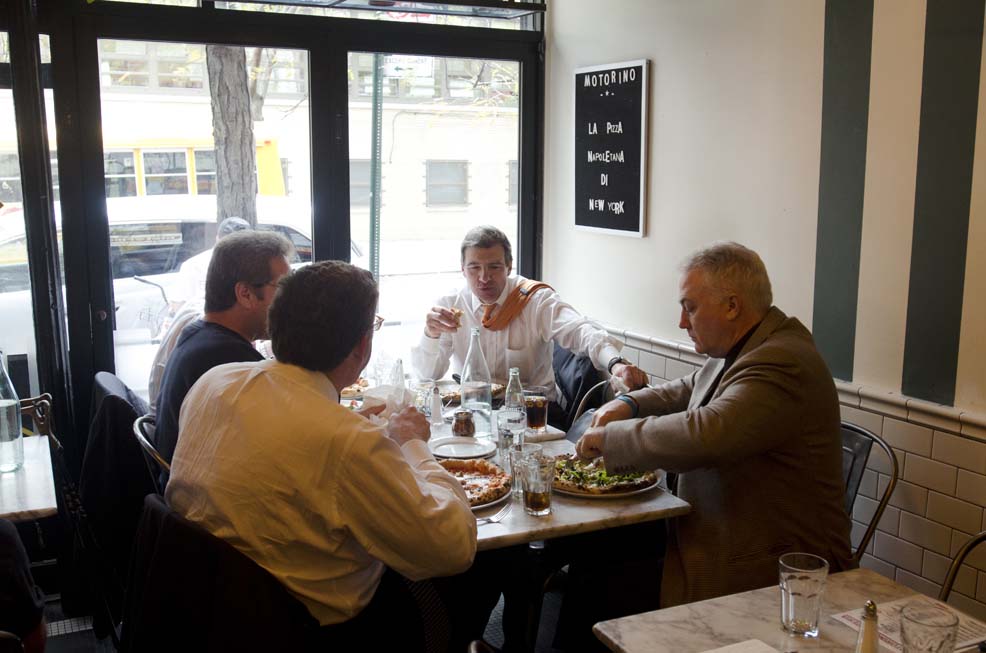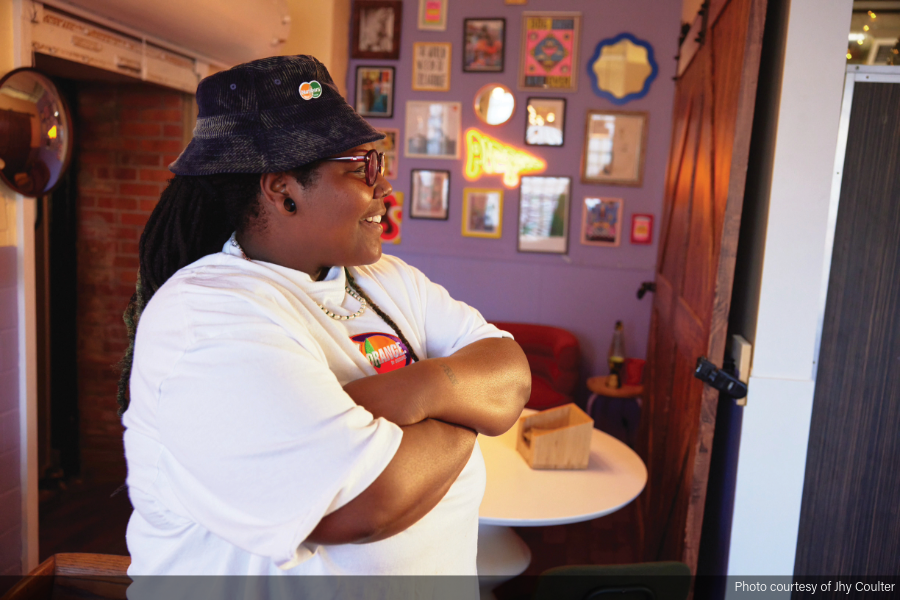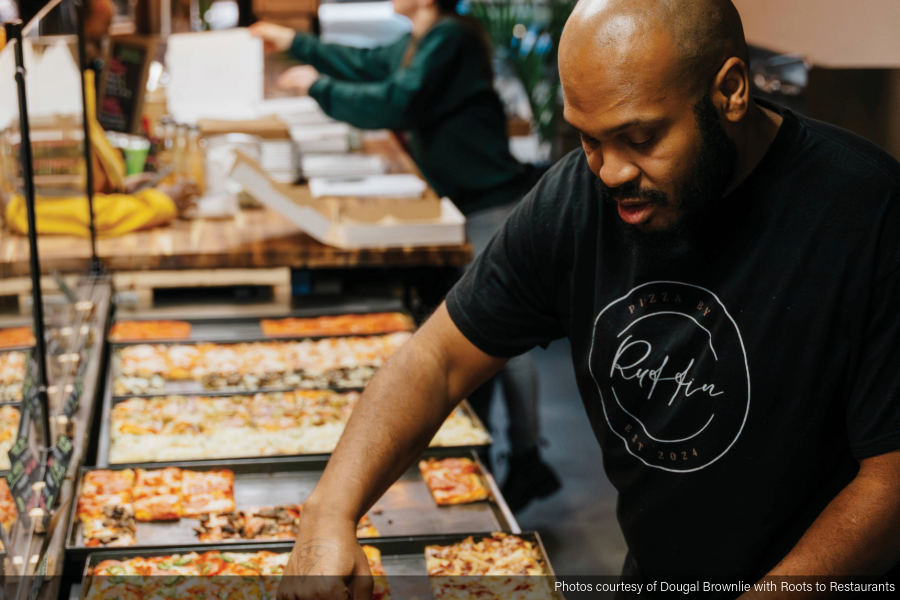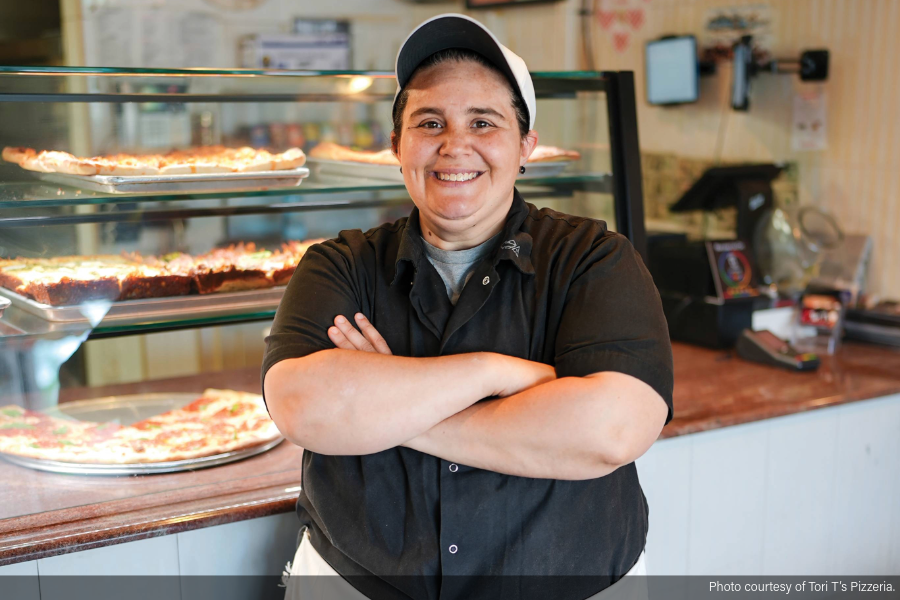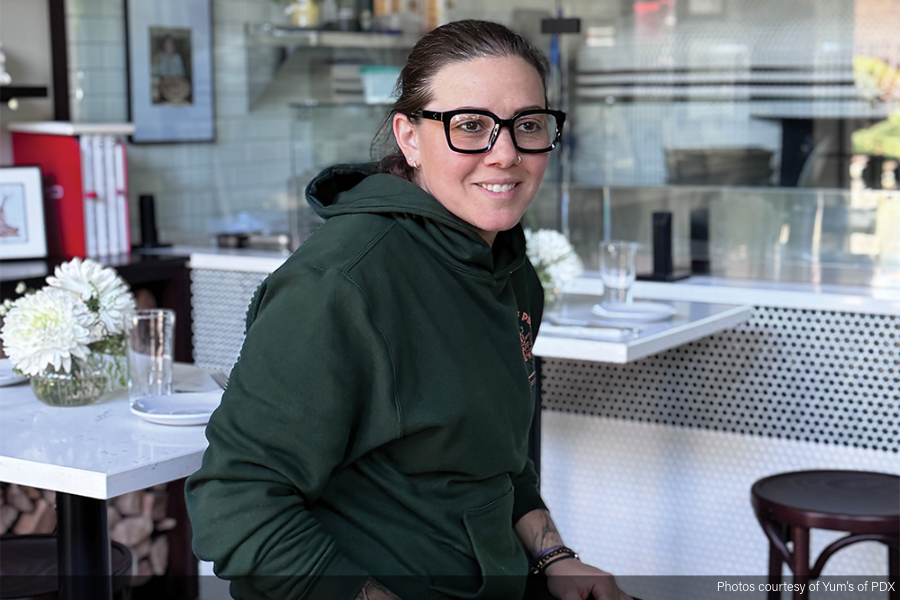Want to become better? Analyze the competition

What’s your mindset when you walk into another restaurant? Do you just want to not think about your place for a little while and decompress? Or, like most of us in this industry, do you compare it to your restaurant? Do you focus in on one aspect of the service, or the ambiance, or the food? Then once you feel it out, what is your inner-monologue saying about this new restaurant? Do you find yourself marginalizing the threat of this place often? In other words, are you looking for a reason why this place won’t last? It’s a natural inclination — who wants to live in fear? Does your competitive nature as a business owner, much like an athlete’s mindset, come into play and you start to visualize winning, which only happens when you assume your opponent will fail? Again, that’s normal. But one thing it is not is productive!
My first day in the Marine Corps at Officer Candidate School they handed us Sun Tzu’s The Art of War along with our field manual on weapons and codes of ethics. It seemed pretty odd that the only literature outside of our manual we received was a book written not by an American, but rather a Chinese general from 2,500 years ago. How could this be relevant? I assumed the book would be super aggressive, but it was actually a very methodical and focused look at leading soldiers. Here is a quote from Sun Tzu that I use today when I think about other restaurants that open right next to me and try to steal my market share: “If you know the enemy and know yourself, you need not fear the result of a hundred battles. If you know yourself but not the enemy, for every victory gained you will also suffer a defeat. If you know neither the enemy nor yourself, you will succumb in every battle.”
Let it be known that I don’t view the competition as my enemy. I do regard the competition as a potential threat, however. As such, it’s my duty to my business and the 200-plus lives of my employees that I take any threat seriously and use it as a chance to reflect on what our failure points are so we can correct them. Sure, I notice what the other place doesn’t do as well — but an ego boost doesn’t keep the lights on.
 There are two kinds of people in business: the ones who are never wrong and the ones who openly try to know when they are wrong so they can fix it.
There are two kinds of people in business: the ones who are never wrong and the ones who openly try to know when they are wrong so they can fix it.
Now let’s talk about owners and upper level managers. Do you find yourself or the higher ups on your team talking down about other local restaurants? Do they do it so often that it’s almost a game to see what they can find wrong about other places? Let’s ditch the “they’re bad, we’re great” mentality. No matter how bad or good a restaurant is, there is always something to learn. Here’s a list I go through each time I go in somewhere new:
- Is the best member of this staff more attentive and a better salesman than the worst member of my staff? Your goal here is not to be shady and try to steal this staff member for your team, but rather to reflect on what this person is doing right that my staff member isn’t so we can train to get better with definable goals.
- What about the food is better? Not many people want to admit someone has a better product, but if they have a long line and you have empty seats, then the question has already been answered for you. Your food might appeal more to you than the average person, but what is appealing about this food that is drawing a crowd?
- What is their call to action, and how does it differ from mine? Is there a great special that is attracting people? How do I create a special that isn’t a blatant copy? Example: This place is packed for a discount slice night; can I do a discount of something else on a different night to attract the same demo?
- What about the ambiance is more inviting than my location? This is the one that gets overlooked a lot. And the most issues fall under this. Does their soda machine make less noise? Is their lighting near the bathroom nicer? The menu, the font, the forks and knives, the glassware, the mats on the floor, the cleanliness of their vents — take it all in and then self evaluate.
- Speed and price. How long did they take and how much did it cost? Were they faster than us? Not on your best day, but on your worst … were they faster? If the cost was higher than expected, how did they create the pull for you to order what you did? What was the soda price, average app price, and how much food did you get for it? What are their pizza sizes and amount of slices per pie? Is that kind of price model working or is it too complicated? If it seemed high, did people seem to mind? If it seemed low for the amount of food, where are they making money via their menu mix? Overanalyze everything.
If you walk out of a place and your only comment is about how much of a waste it was, than you are correct. You wasted an opportunity to grow. By downgrading the other guy you only marginalize yourself and seek to conduct no real R&D in regards to your brand. Even in the worst restaurants you can find something to learn not to do. You can’t be in love with yourself and your restaurant if you want others to be. Constant self evaluation and always knowing that you can be better is how you get there.
Mike Bausch is the owner of Andolini’s Pizzeria in Tulsa, Oklahoma. He is a frequent speaker at the International Pizza Expo family of tradeshows.
